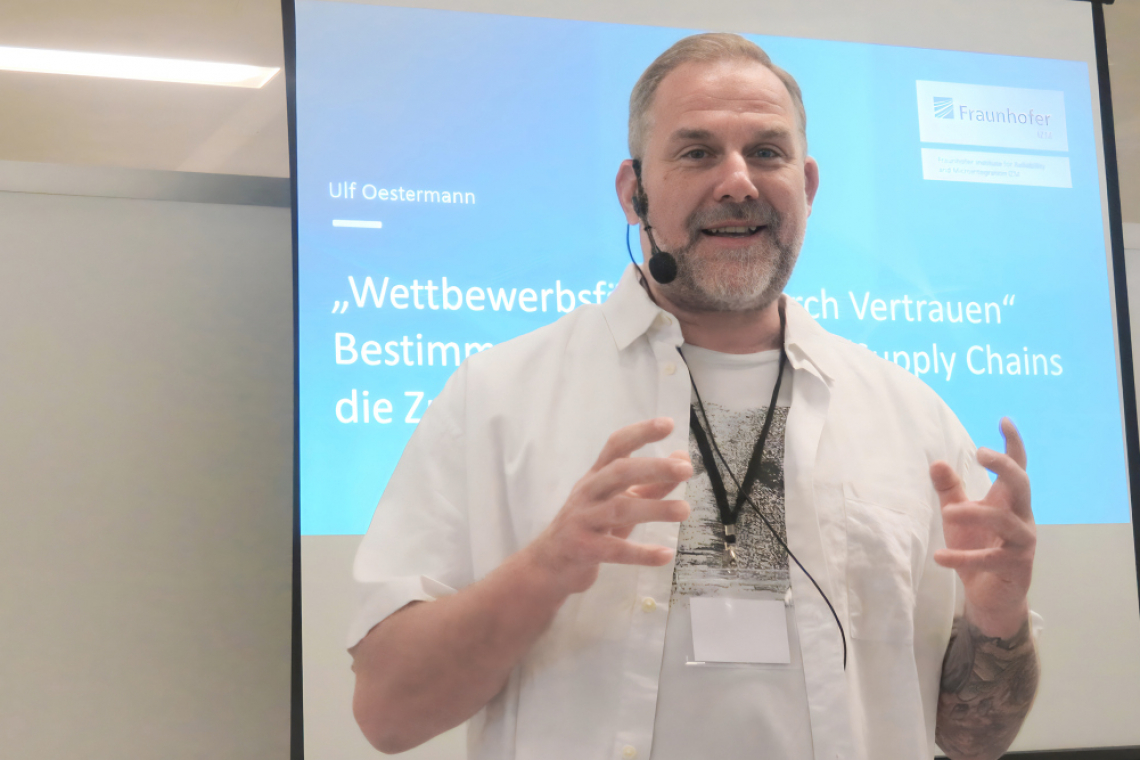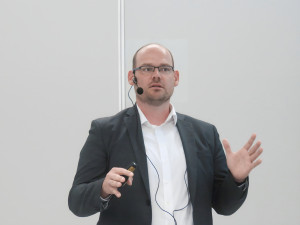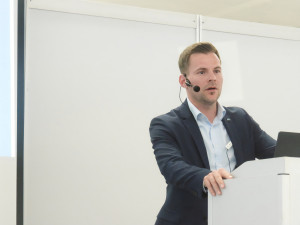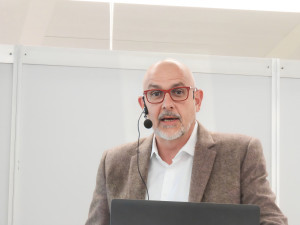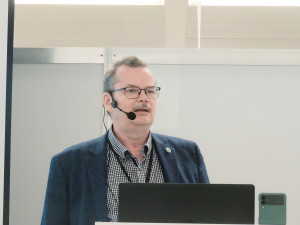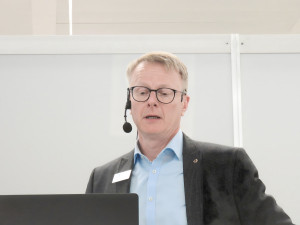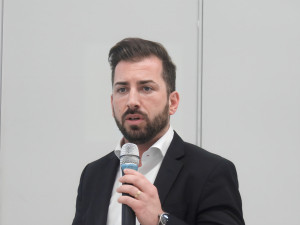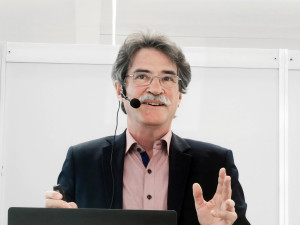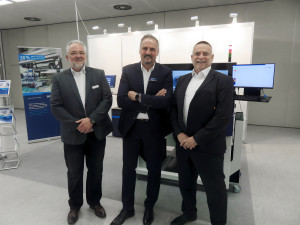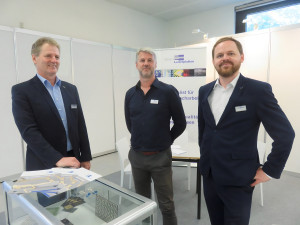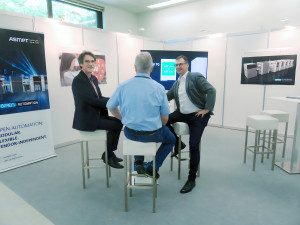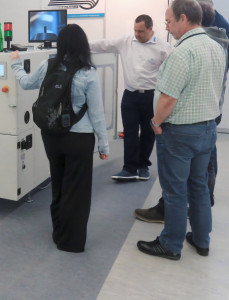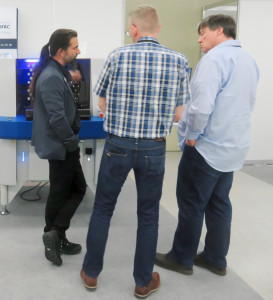This was the motto of the 8th Electronics Technology Forum North (ETFN) organized by 13 companies from the industry in Hamburg. Expert knowledge from all areas of the supply chain was on offer.
Speakers from science and industry introduced new process technologies, highlighted theoretical aspects and presented current research results. Parallel to the lecture program, exhibitors provided information on innovative equipment and manufacturing solutions. There was also plenty of opportunity for networking.
Sustainable manufacturing processes, technological expertise and continuous optimization of production costs are key factors for being internationally competitive and challenges that electronics manufacturers face on a daily basis. The organizing companies ASMPT SMT Solutions, ASYS Group, Balver Zinn, Christian Koenen, Göpel Electronic, Jenaer Leiterplatten, MTM Ruhrzinn, Peters Group, Schnaidt, Schunk Electronic Solutions, SEHO Systems, ULT and Vliesstoff Kasper presented solutions to these challenges.
The event was moderated by Ulf Oestermann from the Fraunhofer Institute for Reliability and Microintegration IZM. He opened the event with a keynote speech entitled: "Competitiveness through trust. Will sustainable tool/supply chains determine the future?" A highly topical subject, as sustainability is becoming increasingly important in general. Ulf Oestermann highlighted the resulting challenges for the electronics tool and electronics supply chains. Reliability is required, i.e. being able to rely on and trust the tools supplied and the suppliers or the supply chain.
After a break, Martin Borowski, Göpel electronic GmbH, explained how and by what means test points on electronics can be sensibly reduced without losing test depth.
Thomas Lausecker, SEHO Systems GmbH, then explained that there are alternatives to alcohol-based fluxes and machine technology for wave and selective soldering processes, namely water-based fluxes and plasma as well as appropriately designed soldering systems.
After the lunch break and time for discussions at the exhibitors' stands, Helge Schimanski (Fraunhofer Institute for Silicon Technology ISIT) provided information on advanced defect analyses as the basis for reliable electronics through improved delivery quality and manufacturing processes.
Marko Hoeher (Ult) then spoke about airborne pollutants in the electronics industry and how they are generated and can be eliminated.
Markus Wieler (Peters Coating Innovations for Electronics) ended the first day of the forum with his presentation 'The Big 5 of Conformal Coatings', which provided an overview of the available coating materials and their application options.
Torsten Vegelahn (ASYS Automatisierungssysteme) opened the second day of the forum with his presentation 'Printing in new spheres. A further step towards a fully autonomous printing system'. Based on the definition of different levels of autonomy, he presented the features of a new printing system in which paste and stencils can be prepared for new jobs in parallel with operation and which can change over autonomously.
After a break, Prof. Dr.-Ing. Mathias Nowottnick from the Institute for Device Systems and Circuit Technology at the University of Rostock gave a keynote speech on the technological basis of digitalization. Using historical examples, he showed how the technological basis has changed to date.
Jens Mille (Göpel electronic) explained how artificial intelligence is already revolutionizing AOI and AXI systems and will continue to do so in the future. For example, AI can already be used to optimize test programs in order to reduce pseudo error rates.
After the lunch break, Dan Mutschler (MTM Ruhrzinn) made it clear that the motto today is: 'Secondary First! From waste to recyclable material'. Using tin as an example, he illustrated how much better the ecological balance of secondary tin obtained through recycling is compared to primary tin from mining. The quality is the same. The shortest possible material cycles are required. In the meantime, solder paste recycling can even preserve the solder powder as such, which is associated with corresponding energy savings.
In the last presentation, Dr. Thomas Marktscheffel (ASMPT) addressed the IIoT standards for digital connectivity in electronics production. The IPC-HERMES-9852 standard has been established for vertical communication at line level and the IPC CFX-2591 standard for horizontal communication from the machines to the MES and ERP system. With the presentations and information from the exhibitors, the event more than lived up to its motto 'From practice - for practice'.

